BRAC
June 20, 2014

Published by Erin Noonan at Jun 20 2014
Meet Sonya –an 18 year-old girl living in Narayanganj, Bangladesh. Sonya lives a typical Bengali lifestyle; she enjoys the park with her friends and helps her parents with chores. But Sonya isn't typical. At an age when girls are often expected to get married, she is breaking gender stereotypes, instilling confidence, and empowering a new generation of girls… all through her love for karate. Sonya is among a group of girls who are taking part in BRAC’s Adolescent Development Program where they are mentored in life skills, in this case, through the art of karate.
May 29, 2014

Published by Asif Imran Khan at May 29 2014
Categories
Let’s start by asking, what does the name BRAC represent to you? Sure, it is the largest NGO in the world that confronts poverty with a holistic approach by providing financial services, health, education and social justice. Statistics will tell you that more than 100,000 BRAC-ites are working ceaselessly to reach 135 million people in Bangladesh and 11 other nations. As a revered and inspired global leader in international development, BRAC has an indubitable presence of its own.
May 23, 2014
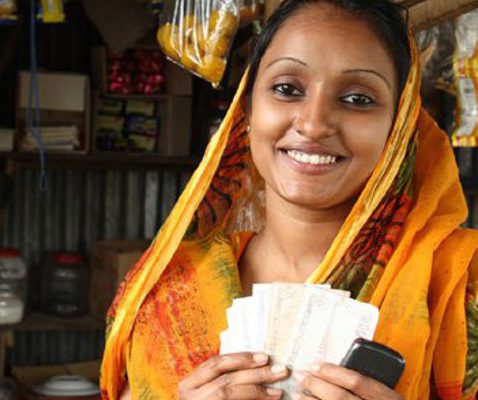
Published by Scott MacMillan at May 23 2014
Categories
People often ask what BRAC stands for, and why they should support a nonprofit with such a strange name. BRAC is among the most credible and cost-effective nonprofit organizations in the world, but I think people should remain skeptical of such claims, even when they come from a cause that seems worthy.
January 3, 2013
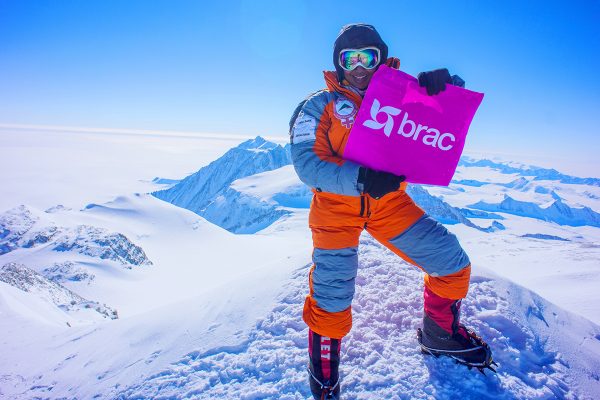
March 22, 2012
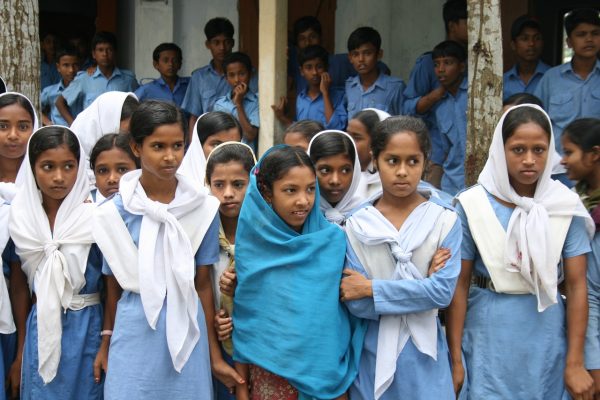
BRAC is working to improve water supplies and sanitation facilities in schools and communities, and promote safe hygiene practices across Bangladesh. Promoting safe hygienic behavior helps break the contamination cycle of unsanitary latrines, contaminated water, and water borne communicable diseases.
December 15, 2011
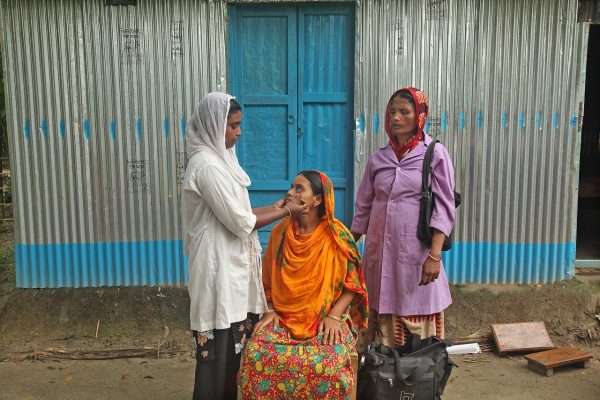
Published by BRAC at Dec 15 2011
Categories
The following was originally posted by Susan Davis, President & CEO of BRAC USA, in support of the Million Moms Challenge.
April 21, 2011

America’s Unofficial Ambassadors (AUA) is a citizen’s initiative, which seeks to encourage Americans to volunteer in Muslim World communities to support local initiatives in human development areas such as education, community needs, health and civil society. It is an initiative to improve relationships between America and the Muslim world by understanding and respecting cultural differences, forming partnerships of mutual interest and building peace.
July 27, 2010
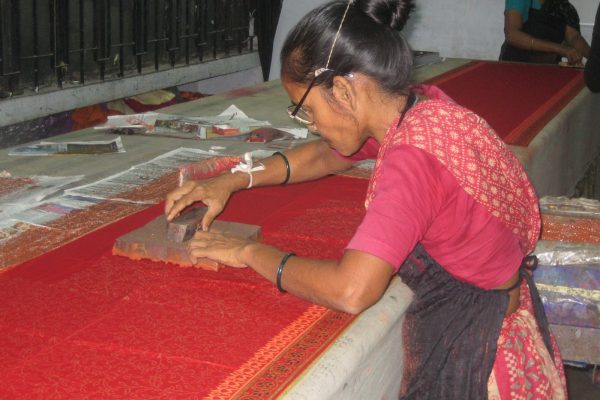
“Wait, let me get my glasses first”. How many times have we heard this expression from our colleagues, parents and friends or pronounced it ourselves? And experienced a feeling of relief as the blur of black waves turns into a legible text! Reading glasses are ubiquitous in our society: we use them when we are working, reading, watching news, etc. – so that we consider them as a basic necessity and take them as granted.Yet, in some parts of the developing world, a pair of reading glasses can be a hard-to-access luxury, available in expensive optic shops in urban areas. This means that millions of men and women lose a great part of their economic productivity, not to mention emotional well-being, as the acuteness of their vision decreases with age. A lot of young people with a weak vision have to forego opportunities to be engaged in certain professions such as jewelry or weaving, or cannot advance in education because of limited reading.
July 26, 2010
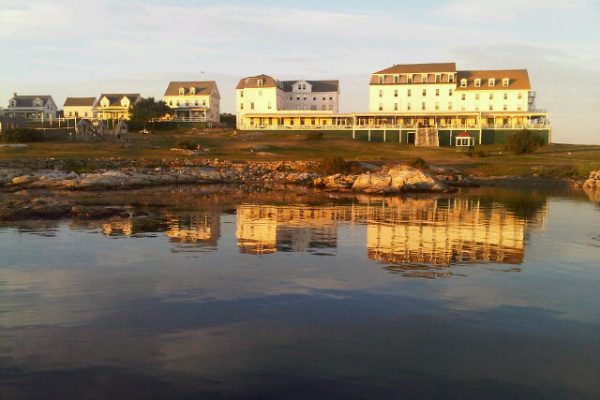
Published by BRAC at Jul 26 2010
Categories
On Monday, I had the opportunity to speak at Star Island’s 2010 International Affairs Conference on the rock shoal of Star Island off the coast of New Hampshire. It was a very moving experience as I got the chance to interact with a unique group of people -- generations of families who have been traveling to Star Island for years, enthusiastically learning new things from leading academics and practitioners working in international development in a relaxing and beautiful natural environment.This year, the Conference focused on “Empowering Women and Children for Global Health” with a focus on the growing perspective that the world’s health care challenges can be met by promoting and empowering women and children. Along with Donna Barry of Partners in Health, Ann Cotton of CAMFED and other experts in the field, I was asked to share my experiences about social entrepreneurship, microfinance and the empowerment of women. While the participants had read Kristof and WuDunn’s Half the Sky and Mortenson’s Three Cups of Tea, most of this learned audience had not yet heard of BRAC and its remarkable story and holistic approach to development. They were interested to know about Ian Smillie’s book on BRAC, Freedom From Want, as well as my new book, Social Entrepreneurship, co-authored with David Bornstein (and even carried it in their bookstore on the island!).
July 22, 2010

Published by BRAC at Jul 22 2010
Categories
“ … perhaps the most fully realized “integrated” provider, offering financial services along with schools, legal training, productive inputs, and help with marketing and business planning. If you are in Dhaka these days, for example, you can buy Aarong brand chocolate milk, which is produced by a BRAC dairy marketing affiliate. A different BRAC subsidiary produces Aarong brand textiles made by poor weavers, and still another subsidiary runs craft shops that sell the goods of microfinance clients.”
April 14, 2009

Fazle Hasan Abed returned to Bangladesh in 1972 following a devastating cyclone and liberation war to launch a small disaster relief effort. His organization, BRAC, still headquartered in Bangladesh, now touches the lives of over 100 million poor people. Today it is showing women, girls and their communities, from Afghanistan to Uganda, a path to hope and prosperity.
April 9, 2009

Recently, the International Food Policy Research Institute (IFPRI) interviewed BRAC Founder and Chairperson Fazle Hasan Abed about BRAC's work in Bangladesh and how we are using what we have learned as we establish and scale up programs throughout Africa and Asia.Below is an excerpt from the interview:

